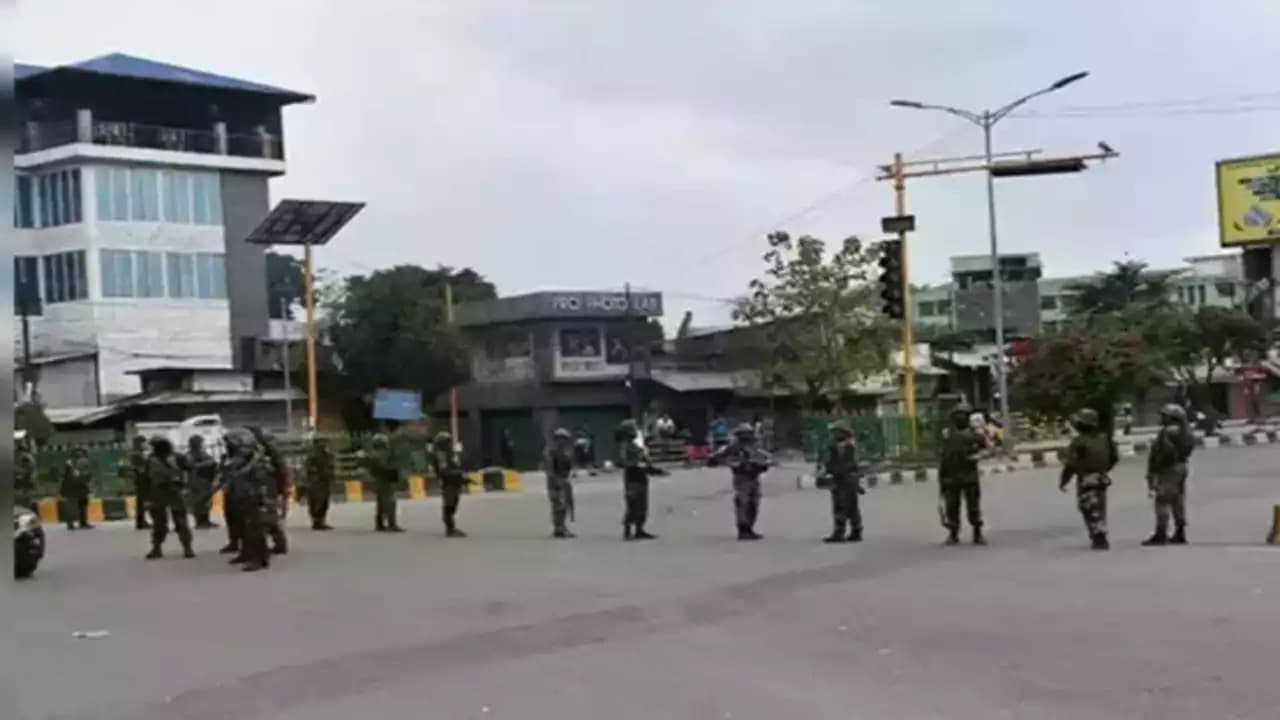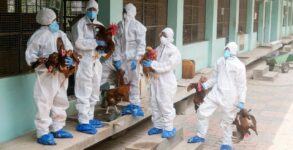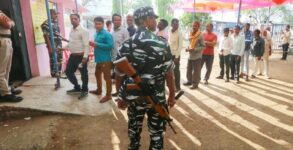The scarcity of essential items and medicines due to the ongoing civil conflict in Manipur has created an environment of desperation and vulnerability among the residents of the northeastern state.
While the Kukis, in response to the Centre’s call, have lifted a blockade along National Highway 2, which serves as the ”lifeline” for those living in the Imphal valley, the Meiteis have steadfastly maintained their blockade, preventing any supply from reaching Churachandpur, the largest district in the state with a significant Kuki population.
Churachandpur is home to around four lakh people. Another 10,000 displaced people are living in the relief camps set up in the district.
The shortage of doctors, particularly surgeons, has reached critical levels. The consequences are dire as essential medical treatments, including dialysis, and medicines for cancer and anti-AIDS drugs remain out of reach for those in desperate need.
”We really need doctors during this prevailing situation. We still need more senior doctors, senior surgeons and cardiothoracic surgeons, and of course, if possible, we would be really grateful if the government could send us a heart surgeon, a cardiologist, to deal with all these bullet injuries and tackle the complicated cases of blood injuries,” Dr Tinglonlei, Medical Superintendent, Churachandpur District Hospital, told PTI.
The hospital, the lone big facility for a population of about four lakh, had treated 288 bullet injuries till Saturday since ethnic clashes broke out in the region.
In the absence of a facility for dialysis, the well-off have already shifted to Aizwal, while the poor have no such option.
The Centre sent six teams of doctors to Manipur after Home Minister Amit Shah visited the violence-hit state in May.
”We are really grateful that two doctors were sent to Churachandpur from the AIIMS, Guwahati last month. But we need specialists for chronic diseases,” Dr Tinglonlei said.
He added that the hospital needs medicines and surgical items as well.
The situation is further compounded by the sporadic gunfights being reported on a daily basis in the Churachandpur-Bishnupur region, leading to injuries and casualties. Dr Tinglonlei grimly revealed that the only machine capable of locating bullet injuries is currently dysfunctional, exacerbating the already-dire circumstances.
The health facilities have also worsened in Tengnoupal and Chandel districts as the supply of essential commodities has been affected due to restrictions imposed on the Asian Highway in the valley areas.
”Our hospital has run out of medicines. Forget about specialists, even doctors for viral fever are not available. Prices of everything have more than doubled. Even if we want to pay higher prices for the sake of our children, several items are not available at the market,” Chong Haokip, the president of the Women Human Rights Group of Moreh town, said.
Similar concerns were also voiced by the residents of Kwatha, a Meitei village. Nestled amidst six Kuki and three Naga villages, the people of Kwatha pray for peace.
”We are surrounded by Kukis, but they have not attacked us so far. We want peace as we are also facing shortages of food and medicines. So far, the Assam Rifles has been ensuring the supply of household items and medicines,” T Ratna, a homemaker from the village, said.
The impact extends beyond healthcare as the local population is also bearing the brunt of the skyrocketing prices and rampant inflation caused by the blockade.
”We are paying more than Rs 250 for a tray of eggs. The rates have doubled since May. Similarly, the price of mustard leaves has increased to Rs 50 from Rs 20-25. Prices of all household items have more than doubled,” Jam, a woman, said at a Churachandpur market.
A chicken seller at the market, located near the district medical college, said the supply is coming from Mizoram as the road from the Imphal valley is closed for Churachandpur.
”We have been receiving frozen chicken from Mizoram. The blockade has resulted in exorbitant transportation costs and significant delays in receiving essential provisions,” Hambai, a shopkeeper, said.
However, women’s civil society group Meira Paibi, which has been keeping a tab on the movement of Army vehicles and supplies, said the Assam Rifles has not been acting in an impartial manner.
”We cannot allow free movement as Kuki people can transport weapons to the hill areas to attack us. We stop Assam Rifles convoys as they are suspect. Kukis have attacked us with weapons despite a huge number of Assam Rifles troops being present,” Ngairangbam Baby, secretary of the Awang Sekmai Kanba Nupi Lup, said.
The Assam Rifles, however, said it has protected lives from both sides.
Official records show that more than 9,000 Meiteis were safely rescued from Churachandpur, the epicentre of the violence, while 3,500 Meiteis were rescued from Moreh.
The sustainability of the back-channel discussions to force Kuki groups to call off the blockade will be under question if roads to Churachandpur and Tengnoupal districts remain blocked.


















